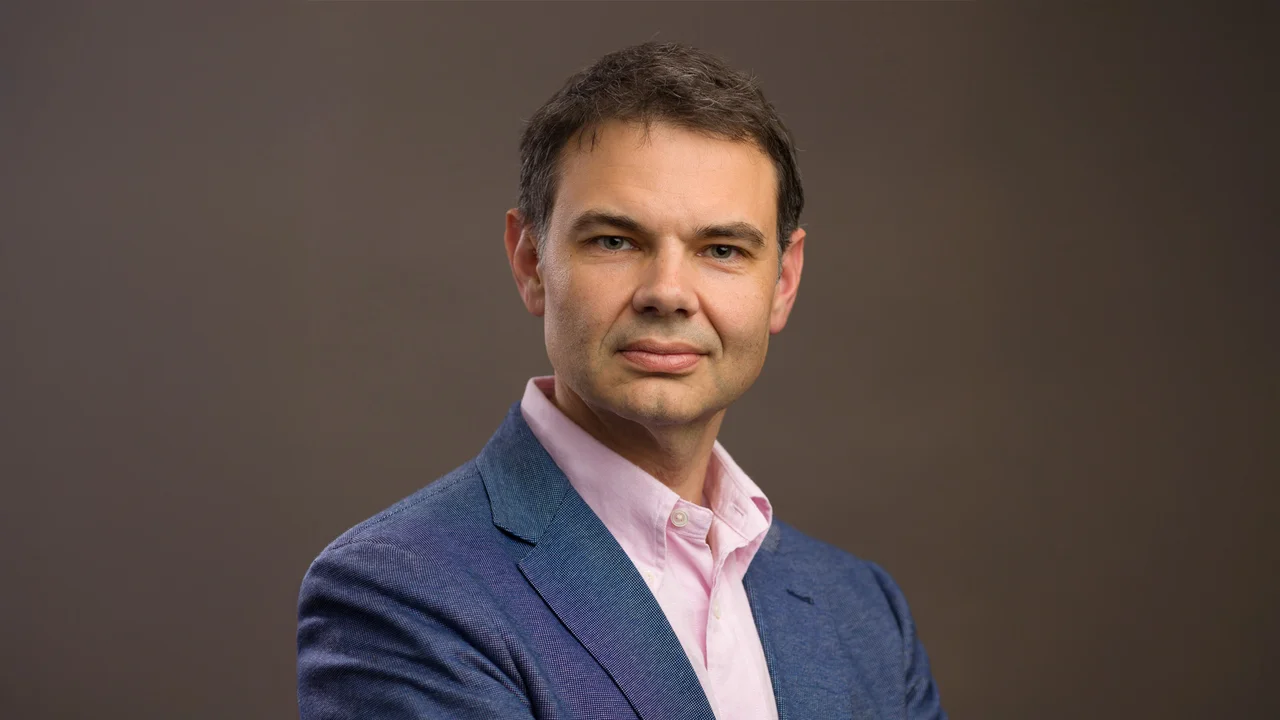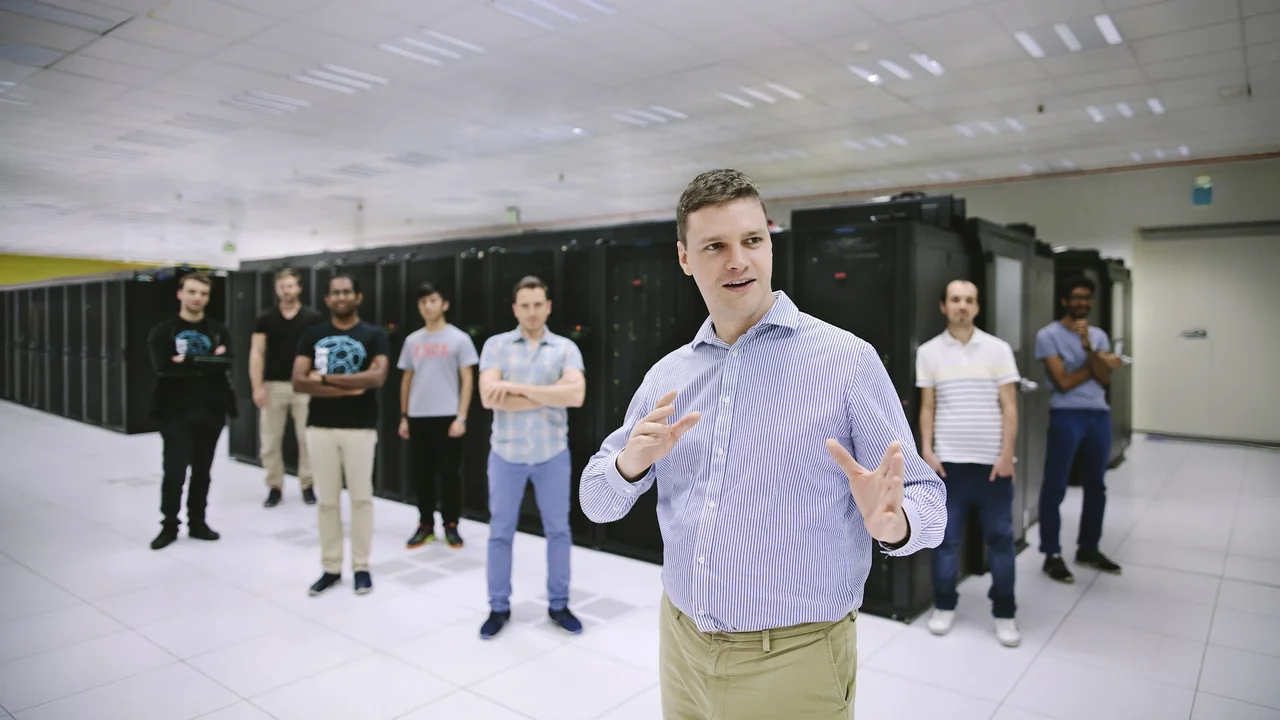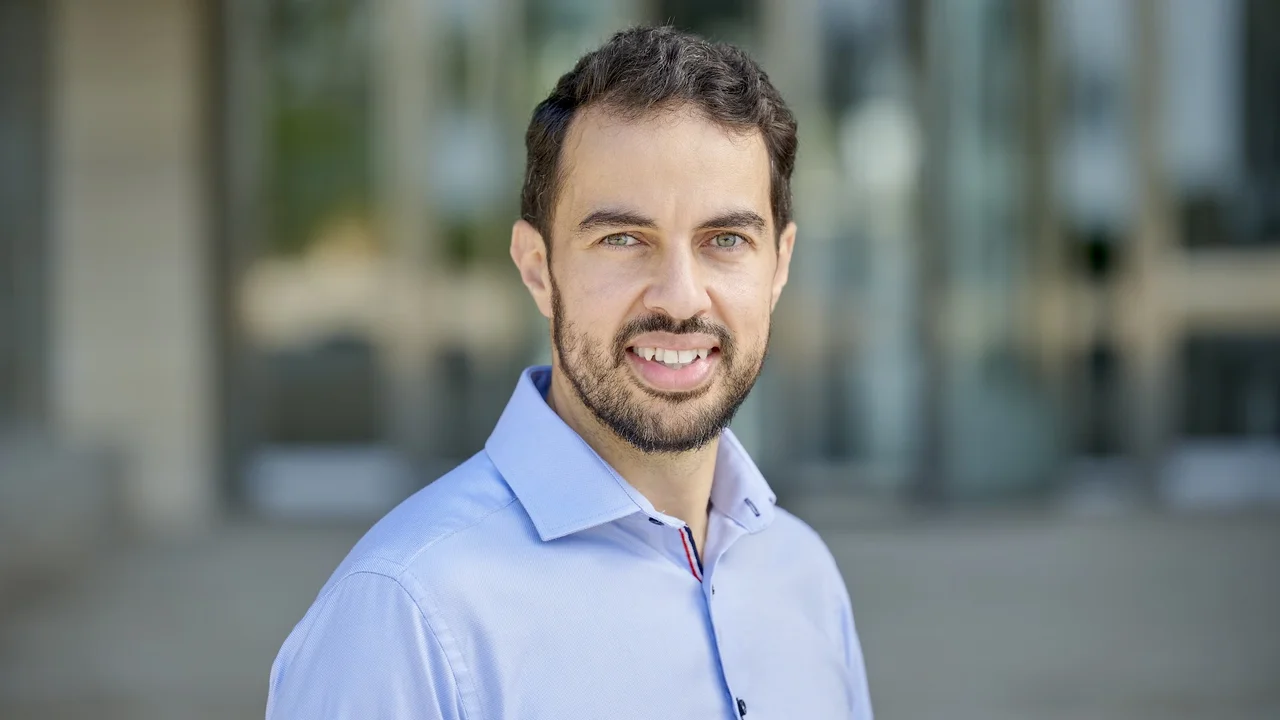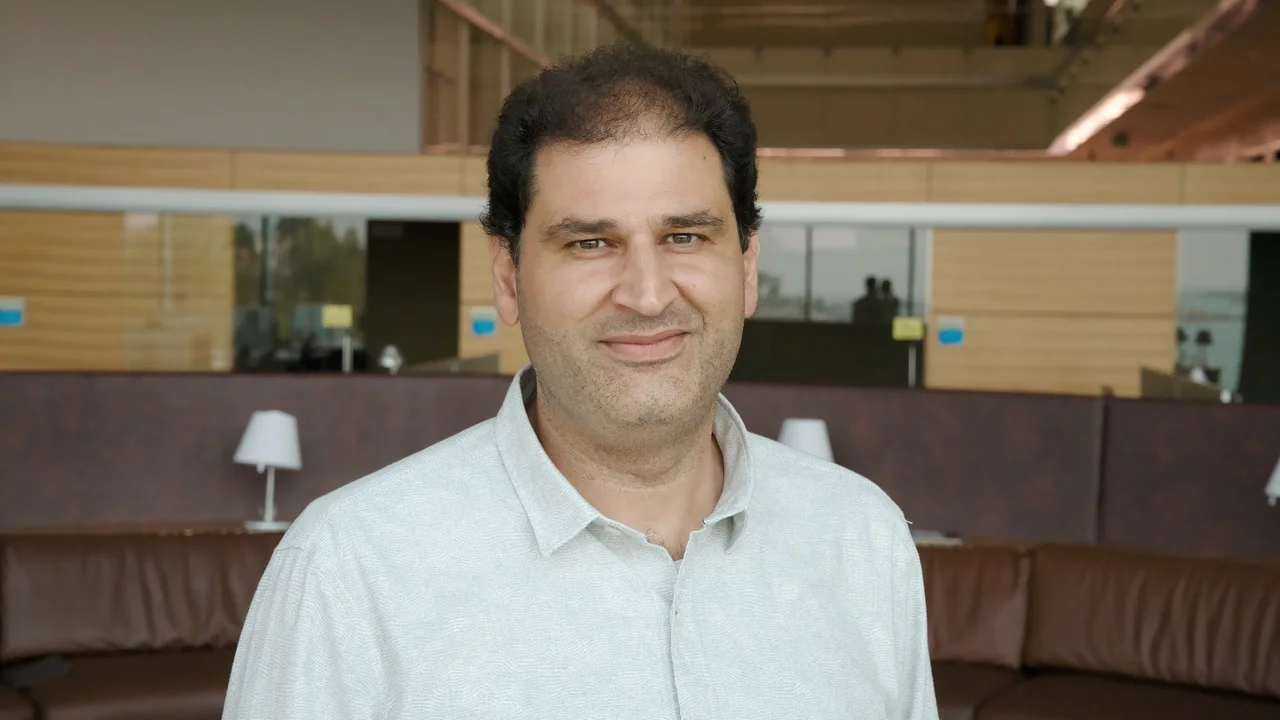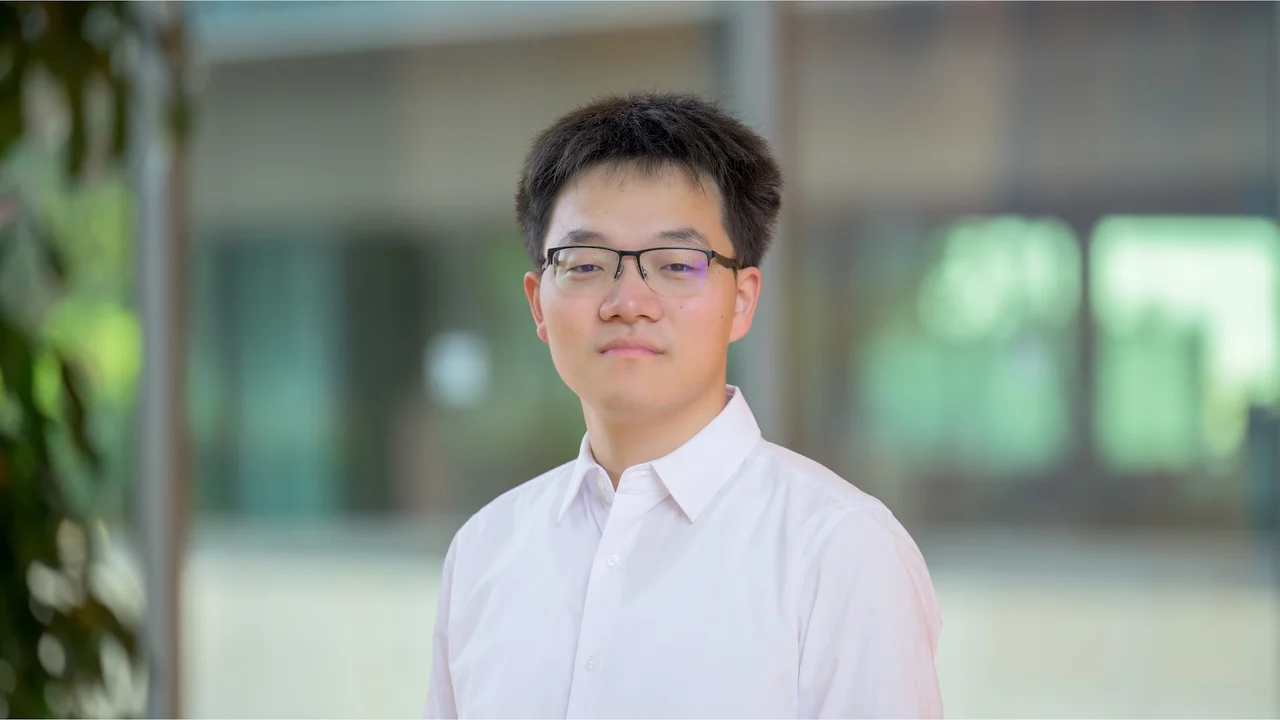
Computing Systems and Databases
The research in Computing Systems and Databases at KAUST tackles fundamental research problems in computer science through designing, building, and learning from complete computing systems.
Our research covers a wide range of topics in data-centric computing, including databases, distributed systems, programming languages, networks, Internet of Things (IoT), as well as AI and machine learning systems. We bridge the gap between the abstractions that users need and what a performant, scalable, dependable, and deployable system can achieve in practice, and build prototypes that solve real-world problems. Our goal is to enrich the human knowledge of how to build future-proof systems that can stand the test of time, while generating economic and societal impact.
Research Focus
- Large-scale AI: we enable the training of large AI models, such as LLMs, on thousands of GPUs. We also enable efficient and cost effective deployment (i.e., inference) of pre-trained AI models.
- Cloud computing and edge computing: for large-scale data analytics and deployment of AI models on the cloud, or at the edge, where data is generated.
- Modern hardware architectures: GPUs, software-defined networks (SDNs), programmable NICs and switches, field programmable gate arrays (FPGAs), IoT devices.
- Programming languages and compilers: for efficient use of modern computing hardware.
- Networks: including intra-data-center ultra-fast networking, wireless communications and underwater optical networks.
Related People
Biography
Panos Kalnis is a professor of Computer Science at KAUST. He served as chair of the University’s Computer Science program from 2014 to 2018. In 2009, Kalnis was on sabbatical at Stanford University in the United States. Before that, he was an assistant professor at the National University of Singapore.
Earlier in his career, Kalnis was involved in designing and testing very-large-scale integration (VLSI) chips at the Computer Technology Institute in Greece. He has also worked for several companies on database design, e-commerce projects, and web applications.
Kalnis received his diploma in computer engineering in 1998 from the University of Patras in Greece and his Ph.D. in 2002 from the Hong Kong University of Science and Technology (HKUST).
Kalnis served as an associate editor for the IEEE Transactions on Knowledge and Data Engineering from 2013 to 2015 and was on the editorial board of the International Journal on Very Large Data Bases from 2013 to 2017.
Research Interests
Kalnis' research interests include big data, cloud computing, parallel and distributed systems, large graphs, systems for machine learning. Furthermore, he is interested in computing privacy in order to advance in the fields of data mining, knowledge extraction, security and bioinformatics.
Education
Biography
Marco Canini is a Professor of Computer Science at KAUST. He obtained his Ph.D. in computer science and engineering in 2009 from the University of Genoa, Italy, after spending the last year of his degree as a visiting student at the University of Cambridge, U.K.
He holds a Laurea Degree with Honors in Computer Science and Engineering from the University of Genoa. He was a postdoctoral researcher at the École polytechnique fédérale de Lausanne (EPFL), Switzerland, from 2009 to 2012. He then worked as a senior research scientist at Deutsche Telekom's Innovation Labs and the Technical University of Berlin, Germany, for one year.
Before joining KAUST, Canini was an assistant professor of computer science at the Université catholique de Louvain, Belgium. He has also held industry positions with Intel, Microsoft, and Google.
Research Interests
Professor Canini‘s research interests center on the principled construction and operation of large-scale networked computer systems; in particular, the development of Software-Defined Advanced Networked and Distributed Systems (SANDS).
His research spans a number of areas in computer systems, including distributed systems, large-scale/cloud computing and computer networking with emphasis on programmable networks.
Canini’s current work focuses on improving networked systems design, implementation and operation along several vital properties such as reliability, performance, security and energy efficiency.
Education
Suhaib Fahmy
- Associate Professor, Computer Science
Biography
Suhaib Fahmy is Associate Professor of Computer Science and the principal investigator of the KAUST Accelerated Connected Computing Laboratory (ACCL).
Professor Fahmy graduated from Imperial College London with an M.Eng. in Information Systems Engineering in 2003 and a Ph.D. in Electrical and Electronic Engineering in 2008. Following his Ph.D., he joined Trinity College Dublin, Ireland, as a postdoctoral research fellow and later worked as a visiting research engineer at Xilinx Research Labs Ireland, focusing on reconfigurable computing systems.
He was Assistant Professor of Computer Engineering at Nanyang Technological University, Singapore from 2009–2015, where his team led early efforts to virtualize FPGAs for cloud computing, as well as pioneering work on efficient mapping of designs to FPGA primitives.
In 2015, he returned to the UK, joining the University of Warwick Associate professor, Reader, the Professor of Computer Engineering. While at Warwick, he led the Connected Systems Research Group and the Adaptive Reconfigurable Computing Lab and launched the joint Computer Systems Engineering degree program. He was also appointed a Turing Fellow at The Alan Turing Institute, the UK’s national institute for data science and artificial intelligence.
He has received numerous awards, including the IEEE Conference on Field Programmable Technology (FPT) Best Paper Award in 2012, IBM Faculty Awards in 2013 and 2017, the International Conference on Field-Programmable Logic and Applications (FPL) Community Award in 2016 and 2024, the ACM Transactions on Design Automation of Electronic Systems Best Paper Award in 2019, and the IEEE High Performance Extreme Computing Conference Best Paper Award in 2021.
In 2023, he was awarded the KAUST Distinguished Teaching Award for his exceptional contributions to the classroom instruction mission of the University.
Research Interests
Professor Fahmy and his team at the ACCL are currently investigating a variety of approaches to hardware acceleration and how connected computing can enable more efficient, performant and secure systems.
His group focuses on overcoming the inherent latency and inefficiency of existing computing abstractions. To achieve this goal, they develop connected accelerator architectures that consider connectivity from the outset alongside specialized accelerator architectures to support more challenging applications.
Education
Biography
Basem Shihada obtained his Ph.D. in computer science from the University of Waterloo, Canada, in 2007. Shortly after completing his studies, Shihada joined KAUST in 2008 as a founding faculty member.
He is currently a professor of computer science in the Computer, Electrical and Mathematical Sciences and Engineering Division at KAUST.
His expertise lies in developing next-generation wireless systems, and he has made significant contributions across several domains, including intelligent wireless systems, wireless underwater systems, molecular communication systems, and non-terrestrial networks. One of Shihada’s most notable achievements is the creation and successful demonstration of Aqua-Fi, the world’s first underwater Wi-Fi system. This pioneering work marked a major breakthrough by enabling high-speed internet connectivity in aquatic environments.
His research, conducted in close collaboration with students and colleagues, has earned multiple best-paper awards at leading international conferences. Shihada's contributions have also appeared in top-tier journals, including Nature Electronics, IEEE Transactions on Communications, and IEEE Transactions on Wireless Communications.
Research Interests
Intelligent wireless systems, wireless underwater systems, Internet of Things systems, molecular communication systems, and non-terrestrial systems are among Dr. Shihada's areas of interest.
Education
Biography
Jian Weng is an assistant professor of computer science at KAUST. Professor Weng joined KAUST from the University of California, Los Angeles (UCLA), U.S., where he completed his Ph.D. in Computer Science in 2023, advised by Professor Tony Nowatzki. He received a Bachelor of Engineering from Shanghai Jiao Tong University, China, in 2017.
Weng’s work has been recognized with an IEEE Micro Top Picks Honorable Mention, and an IEEE/ACM International Symposium on Microarchitecture (MICRO) Best Paper Runner-Up Award.
Research Interests
Professor Weng’s research interests are related to hardware/software co-designed acceleration, including, but not limited to, designing and analyzing accelerators, accelerator-associated software stacks from abstraction to compiler transformations, and design automation techniques.
Weng aspires to become a long-term leader in computer science and plans to push the boundaries of full-stack computer architectures. His objective is to simplify the design flow for mainstream programmers and to implement programmable accelerators in scenarios relevant to embedded System-on-a-Chip (SoCs).
